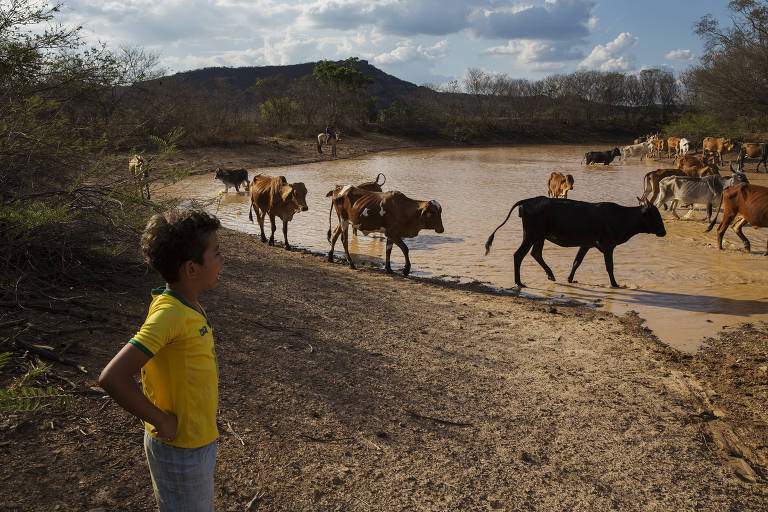The Northeast, the Brazilian region where extreme poverty had the highest increases and the GDP hit the lowest numbers since the last elections, is poised to become the focus of the welfare policies of an eventual Bolsonaro presidency.
Besides tacking the regional recession - since the Northeastern concentrates 25% of all Brazilian voters -- Bolsonaro will try to counter the popularity that both PT and former president Lula still have in the region. In the election's first round, Bolsonaro lost to his PT opponent Fernando Haddad by 26% to 51% in the Northeastern.
His play to win the northeasterners will be reinforcing Boa Família, an income transfer program that serves 6.9 million families in the Northeast (50.7% of all families served in the country).
Besides increasing the program's budget, currently R$ 30 billion (US$ 8 billion), one proposal to update it is that people in Bolsa Família can still receive up to 75% of the benefit (R$188/US$ 50), even if they find a job.
Another idea is to raise the benefit amount to those who can prove an income raise by their own means, and keep them in the program until their personal earnings meet a certain level.
Since 2014, the number of people in extreme poverty (family income per capita up to R$ 85/month, or US$ 23/month) skyrocketed in the Northeast.
The northeasterners’ loyalty to Lula, says political scientist Carlos Melo, is a result of voters' pragmatism about their personal achievements. "If another politician comes and gives them more, they will have them."
Translated by NATASHA MADOV
Read the article in the original language
